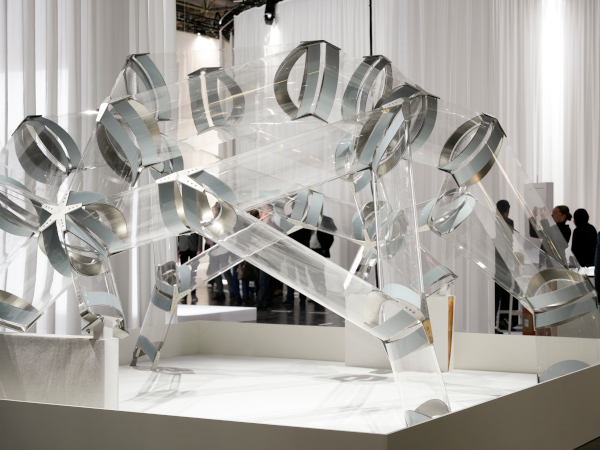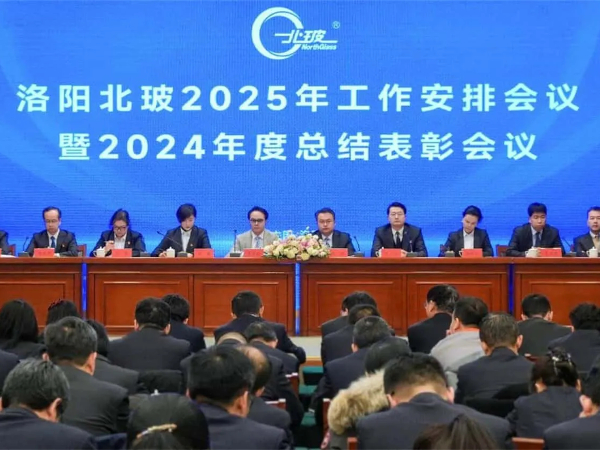Date: 30 April 2003
That logic, however, apparently has no bearing when those pitching the political brickbats happen to be two of the world's foremost glass manufacturers, who are locked in a multimillion-dollar battle over what boils down to market share.Now, this is complicated business and I won't try to explain the technical part. Suffice it to say that it involves pending changes in the way that the U.S. Department of Energy sets its specs for window, door and skylight makers so that they best serve consumers.
Those that meet the federal standards established for specific parts of the country earn the coveted Energy Star designation from the Energy Department. The star is akin to the old Good Housekeeping magazine seal of approval; i.e., a product doesn't need the star to be marketed, but it makes the buyers of goods like roofing, refrigerators, air conditioners, windows, skylights, etc., feel more warm and fuzzy if it's attached.
Currently, the energy agency has divided the country into three zones -- sort of hot, medium and cold -- and Michigan-based Guardian Industries would like to keep it that way. British-based glass company Pilkington, however, is pushing for a four-zone setup that would let it qualify more of its product line for the star and make it, the company says, more competitive.
A decision is due this week, perhaps as early as Tuesday. But the struggle for the hearts and minds of the Energy Department, which is headed by former Michigan Republican U.S. Sen. Spence Abraham, is going right down to the wire.
For the record, Abraham's Washington spokesman, Joe McMonigle, says his boss is staying out of the debate and has bucked the decision down to assistant energy secretary David Garman.
"Secretary Abraham doesn't want to politicize labels," said McMonigle. Then he pointed out that the Energy Department has received "several letters" from Michigan's Congress members backing Pilkington's four-zone preference, among them Republican U.S. Reps. Vern Ehlers and Candice Miller.
The behind-the-scenes political maneuvering by Pilkington and Guardian has been intense. Each insists that its preferred plan will save or create jobs and help consumers.
Added to the intriguing mix is Grosse Pointe Park native Mark Valente III, who has been lobbying the Energy Department on behalf of Pilkington and against Guardian, which is owned by the Detroit Pistons' head man, Bill Davidson. The crux of Pilkington's argument against three zones is that it "limits competition."
"Three of the four major U.S. glass manufacturers favor the four-zone approach," Valente said. "Only Guardian wants to keep three."
Steve Farrar, director of international business for Guardian, counters that the three-zone setup assures greater peak energy load and pollution savings, simplicity for consumer selections and greater comfort benefits. Farrar even produced a recent letter from the Energy Star manager that says, "The three-zone alternative remains our preferred alternative."







Add new comment